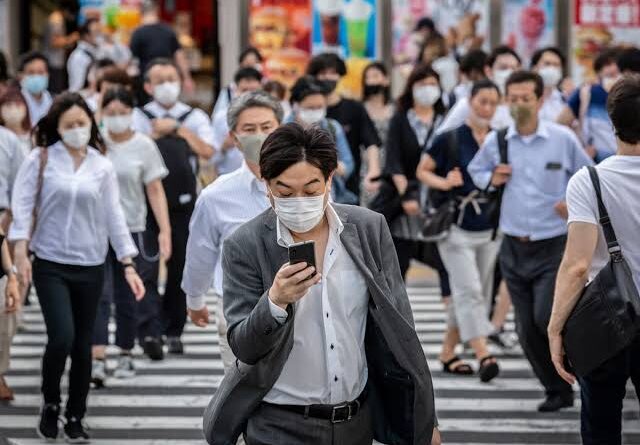Japan records its second-worst income disparity as society ages
Japan’s income inequality hit its second-worst level on record, according to a labor ministry survey conducted in 2021.
The Gini coefficient–an index that measures income inequality on a scale ranging between 0 and 1–rose to 0.5700 based on initial income, or before distribution through taxation and social security, according to the Income Redistribution Survey released on Aug. 22.
The coefficient, calculated based on income data from 2020, increased from 0.5594 in the previous survey in 2017.
A 2014 survey saw the highest figure at 0.5704. A higher figure indicates greater inequality.
“Generally speaking, the Gini coefficient rises with the aging of the population because the initial income, which does not include pension payments, decreases,” a labor ministry official said.
The survey has been conducted about once every three years since 1962.
The Gini coefficient after redistribution, which takes into account public pension benefits and other factors, also rose to 0.3813, up from 0.3721 in the 2017 survey.
The labor ministry says the Gini coefficient before redistribution has basically remained the same since the 2014 survey, and the index after redistribution has also roughly stayed flat since 1999.
However, Takashi Oshio, a professor of public economics at Hitotsubashi University’s Institute of Economic Research, said both figures point to a widening income disparity.
The latest figures could reflect the fact that nonregular workers, who generally earn little and work under harsh conditions, were more severely impacted by the COVID-19 pandemic, he said.
Oshio added that the generations who joined the workforce during the “employment ice age,” which started in the mid-1990s and lasted for a decade when graduates had difficulty finding full-time jobs, will reach retirement age in the coming years, making the differences clearer between those who can receive pensions and those who cannot.
“The income disparity is not expected to narrow down the road,” he said. “We must pay close attention to elderly people falling into poverty.”
Read more @asahi











